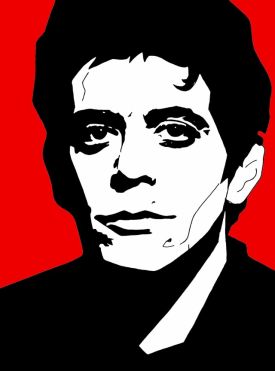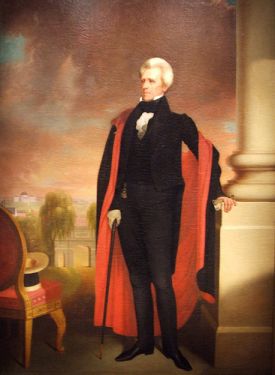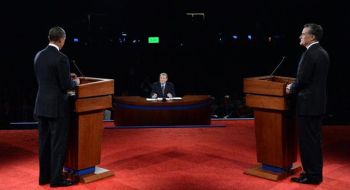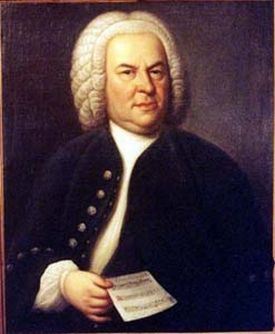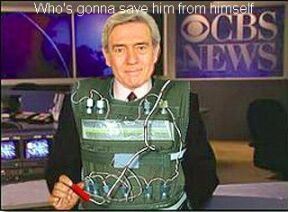Truth Wimps Out
From The American SpectatorLou Reed
In the many obituaries of and accompanying tributes to Lou Reed, in the course of which he was often referred to as a poet of genius, I was struck by how little quotation there was from his allegedly poetic oeuvre. What makes poetry poetry and not prose is that the words are crucial to the meaning (or meanings), but most of the late Mr Reed’s admirers seemed to have contented themselves with summaries of how he had sung of his addiction to heroin or people who engage in exotic sexual practices or who overdose or die of AIDS. The actual words seem not to have been important. For them, the poetry lay in the inarticulate: the supposed authenticity and (as they say) transgressiveness of such life-outcomes and “the raw, anarchic sound” with which they were hymned. One obituary quoted its subject’s reaction to the unsuccess of an album the obituarist describes as “morbid and pretentious.” “If people don’t like Berlin,” Reed told an interviewer in the 1970s, “it’s because it’s too real. It’s not like a TV program, where all the bad things that happen to people are tolerable. Life isn’t that way.”
What, never? Surely sometimes bad things are tolerable. Sometimes there must even be good things in a universe as big as Life itself. But if so, they are less real than the bad ones, and Reed’s choice to concentrate on the bad and intolerable is therefore an option for the real. The popular and media culture of today is pretty much always ready to approve that equation — along with the related one between truth and suffering. The latter is what has produced the vogue for what the publishing industry calls “Misery Lit.” as well as graphic portrayals of suffering in the movies — even in true-life tales such as Paul Greengrass’s Captain Phillips. The money shot in that film, which is commendably restrained up until that point, comes after the eponymous captain, played by Tom Hanks, is released from his captivity by Somalian pirates by three simultaneous and well-placed shots by Navy Seal snipers which take out his captors. That moment, which would have been the dramatic and emotional focus of any movie made up until about 40 years ago, is now completely overshadowed by the subsequent spectacle of Tom Hanks faking an emotional breakdown.
Do we need to see that? I suppose we do if that, or something like it, is what we are watching for in the first place. It’s what most people mean, after all, when they say they admire the “acting” in a movie. In the same way, the narrative energy in movies like Gravity or All is Lost — both, like Captain Phillips, well worth seeing — is generated less by the doubt (never very strong in these media-savvy days) as to whether their heroes will survive extreme, life-threatening situations than it is by waiting to see the emotion with which they react to such situations. In the latter film, the physical resourcefulness and silent stoicism with which the lone-yachtsman played by Robert Redford attempts to save himself when all is lost in the middle of the Indian Ocean is like an immense tease leading up to the one word he utters in the film, an obscenity, at what he sees as the culmination of his misfortunes. One has the voyeuristic sense of seeing things that were not meant to be seen, and that it is not quite seemly or decent to permit oneself to see. But it is just this sense that also gives us our “reality” kick.
I suppose you have to be at least in advanced middle age to feel this obscure sense of shame at violating someone else’s privacy in watching such scenes. As I was coming out of Steve McQueen’s unrelentingly grim movie version of 12 Years a Slave, I overheard an old man say to his wife: “I really wish I hadn’t seen that movie.” When she asked why, he replied: “Too morbid.” It’s not quite the right word to describe what struck me as more like torture-porn, but it may have been a reversion to the original meaning of “morbid” and equivalent to saying that the movie made him feel sick, as it did me. Yet it must be more than most critics’ jobs are worth to wonder if, as the movie seems to suggest, ante-bellum Southern planters really spent their lives alternately praying and figuring out (with Scriptural sanction) new ways to make their slaves’ lives miserable. Any such doubt would automatically count as closing one’s eyes to the truth of slavery.
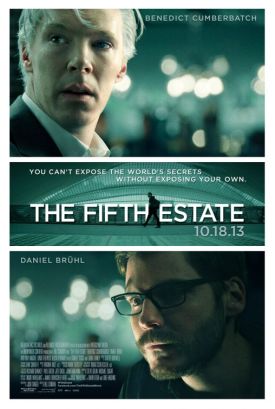 |
At the same time, however, a permanent majority of such eye-closers is necessary to the Lou Reed-Steve McQueen world-view, since the thrill of pop-cultural “reality” is inseparable from the reality-merchant’s assurances to his like-minded audience that together they constitute an elite defined by knowing truths to which their less brave and perspicacious neighbors remain determinedly blind. It’s also the assumption on which the career of Mr Julian Assange has been built, though it’s not quite clear that Bill Condon’s movie about him, The Fifth Estate, is entirely aware of the fact. To its credit, Mr Condon’s picture, which stars Benedict Cumberbatch as Mr Assange (he’s also a slave-owner in 12 Years a Slave), is fully aware of the irony of a man’s proposing to expose the secrets of others by himself creating a perfectly secret medium for the “whistle-blower” to do his stuff in, and he exploits it to Mr Assange’s well-deserved discredit.
But there are deeper ironies that I’m not sure it quite gets. One lies in Mr Assange’s assurance that “the most powerful and most repressive of regimes” can be toppled by the exposure of their secrets. In fact, it is the least powerful and repressive ones which are vulnerable — those, that is, whose power is so precariously seated that they must pay close attention to public and international opinion. These are the “regimes” which are capable of embarrassment when their secrets are revealed — unlike the governments of Russia, for instance, or China, whose secrets are never exposed because potential whistle-blowers know that they are likely to pay with their lives for exposing them.
The movie shows us a couple of the Wikileaks informants from Kenya being murdered, but it takes at face value Mr Assange’s own assurance that none of the U.S. government’s secret informants whom he exposed were harmed as a result. As it turned out, his assurances of foolproof confidentiality to his own informants — notably Bradley Manning — were no more reliable than those of the State Department. Mr Condon’s principal informant, the renegade Wikileaks assistant Daniel Domscheit-Berg, played in the movie by Daniel Brühl, may have broken with Julian Assange (and is now being slimed by him, along with his secrets, in an effort to discredit the movie), but he still apparently believes in the basic Assange theory that truth is whatever has been hidden from the public’s view before being revealed by himself. The movie’s own version of truth itself obviously depends on this theory, so it is perhaps not surprising that it doesn’t take a very critical approach to it.
Neither, obviously, does the character played in the film by Laura Linney, who is apparently the only person in the U.S. State Department to lose her job as a result of little Bradley’s document dump. As she sits in her now empty office with her possessions in boxes waiting to be removed she reflects meditatively on her two advanced degrees and her 14 years of experience abroad with the diplomatic service and all the years during which she weighed every word of her diplomatic dispatches for fear that a mistake might send the world ‘to hell in a handbasket.” And yet, she says, contrasting her caution with Mr Assange’s recklessness, “I don’t know which of us history will judge more harshly.” Well, none of us knows that. It depends on who is writing the history. But on the evidence of this film, it will be someone like her or Daniel Berg whose unthinking devotion to the media culture makes them feel intimidated in the face of Julian Assange’s pretensions to “truth.”
There is a moment in the movie when Nick Davies, the Guardian reporter played by David Thewlis points out, quite truthfully, that Mr Assange is “not a source; he’s the head of a huge media empire that’s accountable to no one — and we put him there.” But the full implications of that statement appear (not surprisingly) to be a bit obscure to someone who himself works for a media empire accountable to no one — recent British efforts to rein in a hitherto free press by subjecting it to oversight by Royal Charter notwithstanding. In Julian Assange’s early explanation of what Wikileaks is all about, he quotes Oscar Wilde to the effect that people will tell you the truth if you give them a mask. But if we have learned anything from the Internet, which is what made his operation possible, the opposite is the case. You can sell any lie as the truth if you make it nasty enough.
Discover more from James Bowman
Subscribe to get the latest posts to your email.

